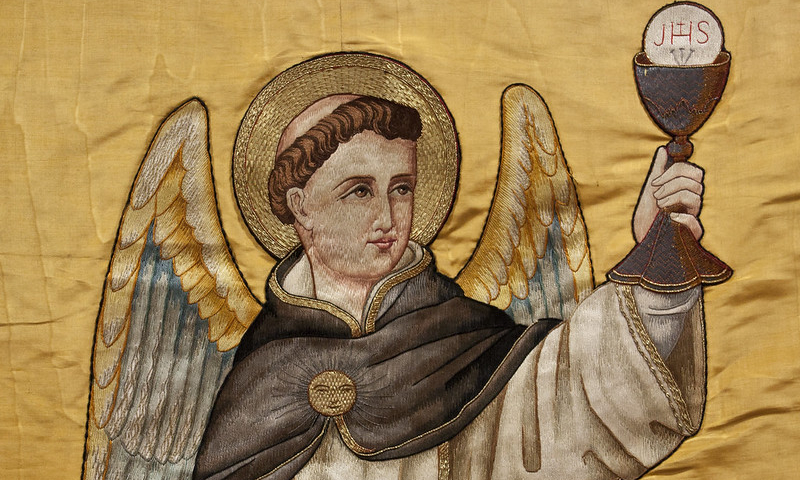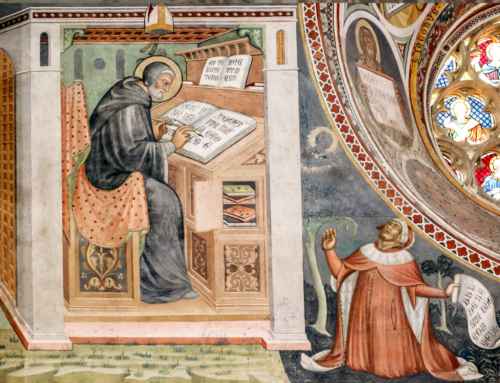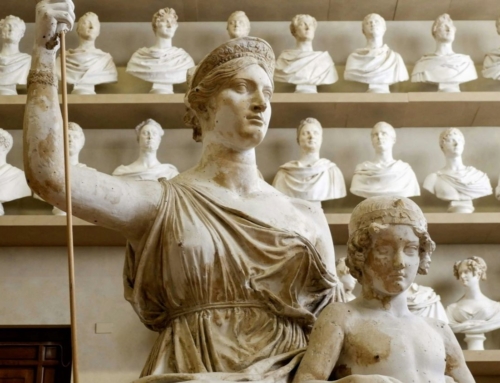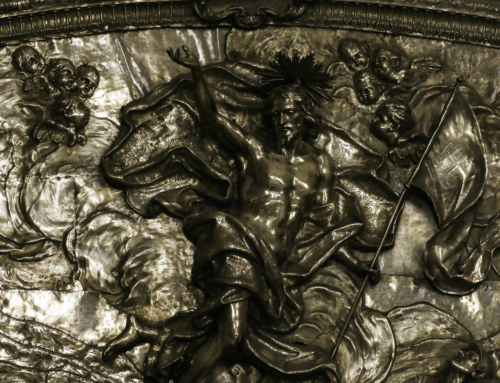The turkey is in the fridge, and the food coma has subsided. Yesterday, after several months of separation and anxiety, many people finally gathered to celebrate Thanksgiving. As they broke bread and shared fellowship, they acknowledged that this year, of all years, leaves much to be grateful for as we slowly creep back to “normal.”
The word “Thanksgiving” implies that gratitude is given to someone. Giving thanks requires a recipient of gratitude, but to whom was our gratitude given yesterday? Even around the dinner table, it’s easy to say “I’m grateful” and still forget the one who has truly provided: God. People may say “Thank you” at the dinner table, but if this is not directed to God then we must wonder if anyone actually receives these words. This is a tragic and lonely reality.
This common view of gratitude can fill the dining room with such sentiments: “I’m generally thankful to whatever nebulous deity may or may not be out there, or to the universe for providing such things for me and my loved ones.” Christians respond with cries of frustration at such a secular understanding: “How can we remedy such a disorder in our culture, such a grave misunderstanding of our place before God and the world?” In a moment of acuity, they may find a source of wisdom: “Saint Thomas Aquinas! You know so much about the order of reality. Help us!”
Conveniently enough, Aquinas discusses the virtue of thankfulness, but his response to this Christian complaint may not be what we expect. According to Aquinas, the virtue of thankfulness is a matter of giving thanks to benefactors, but this differs from the kind of thanks owed to God (ST II-II, q. 106, a. 1). The frustrated Christian calls out, “Where is God in this equation? Isn’t that why Thanksgiving has become such a secularized holiday, being divorced from the primary source of all goods? Isn’t that part of why people (as we speak) are pummelling each other in the department store just to get a deal on a television?”
Aquinas is not denying that thanksgiving should be given to God. He simply places it in a different category: under the virtue of religion, which properly denotes our relation to God (ST II-II, q. 81, a. 1). Because of this difference, the virtue of religion is greater than the virtue of thankfulness (ST II-II, q. 106, a. 1, ad. 1). But gratitude is not foreign to the virtue of religion. In fact, it’s found in one of the acts of religion: prayer. Thanksgiving in prayer is “the reason for [the request] on the part of the person who is asking; since through giving thanks for benefits received we merit to receive yet greater benefits” (ST II-II, q. 83, a. 17).
Aquinas’s distinction is a helpful guide for celebrating Thanksgiving as a Christian. We should render thanks to our benefactors and those on earth who care for us. One way to do so is to enjoy the fruits of their labors as a sign of our gratitude (e.g., a meal). But Aquinas shows us how that’s not the whole of the equation because God is still the primary cause of all the good things we receive. The best way to thank God, then, is not in the same way that we thank other benefactors, but in prayer. Maybe we can thank God in the context of a meal, but to make it properly an act directed to God, it should be accompanied by prayer. That is why we pray a blessing before meals and offer thanksgiving afterward.
Yet, there is still an even greater banquet that best renders thanks to God, and it is also the best prayer: the Eucharist, which literally means “thanksgiving.” The best kind of thanksgiving is offered to God at Mass, when we worship him for the good graces he has bestowed and receive him who is the very source of all good things. Saint Thomas would certainly be an advocate for celebrating Thanksgiving in this way, and he did so every time he celebrated the Holy Sacrifice of the Mass.
✠
Photo by Fr. Lawrence Lew, O.P. (used with permission)







